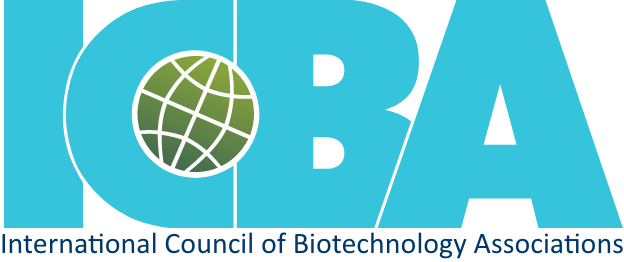Steve Bates, Chair of ICBA said “Now that the text is open to public scrutiny after its formal proposal by the WTO Director-General, it is clear that what is proposed would do nothing to solve any of the challenges we face in 2022 and will only make it far harder for small companies pioneering in this space to develop future innovative solutions. A waiver of intellectual property rights for COVID vaccines would, if agreed, have a chilling impact on future equity investments into the small companies that have been at the heart of the solutions to COVID-19.”
“Small biotechs throughout ICBA member countries all depend on their intellectual property to deliver key innovations that underpin the current generation of COVID -19 vaccines. Alongside successful COVID vaccines, tests and therapeutics are many, many companies in our community that invested heavily but failed to make breakthroughs. This proposal directly threatens this innovative ecosystem’s ability to attract the capital needed to develop next generation of vaccines whilst doing nothing to solve the access challenges we have in 2022.”
“The proposal misguidedly casts IP as a barrier to COVID-19 vaccine access and distribution despite there already being an oversupply of COVID-19 vaccines in the developing world. COVID diagnostic testing rates are declining globally despite increased availability of affordable, accurate tests. And COVID therapeutics are already widely licensed to low-cost manufacturers in the global south. Weakening IP rights does nothing to combat stubbornly low vaccination rates in many developing countries, nor will it facilitate the distribution of these products to people around the world who most need them.”
“The most urgent tasks now involve improving vaccine utilization, healthcare infrastructure, distribution, and addressing vaccine hesitancy in the developing world. It is disappointing that the WTO, instead of tackling these real challenges, continues to debate a false solution that would only prove harmful in the future.”

